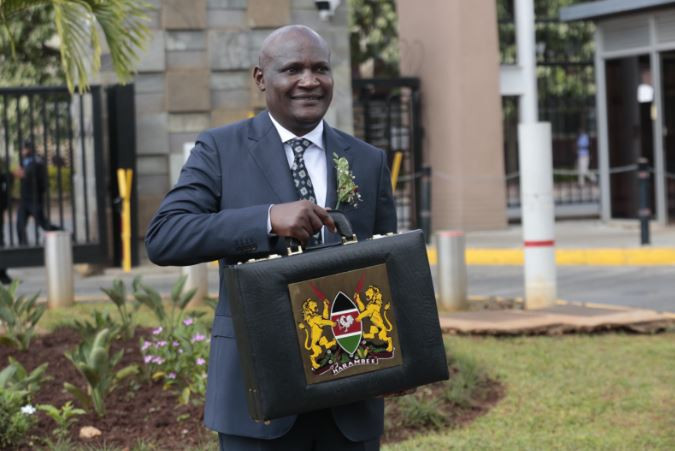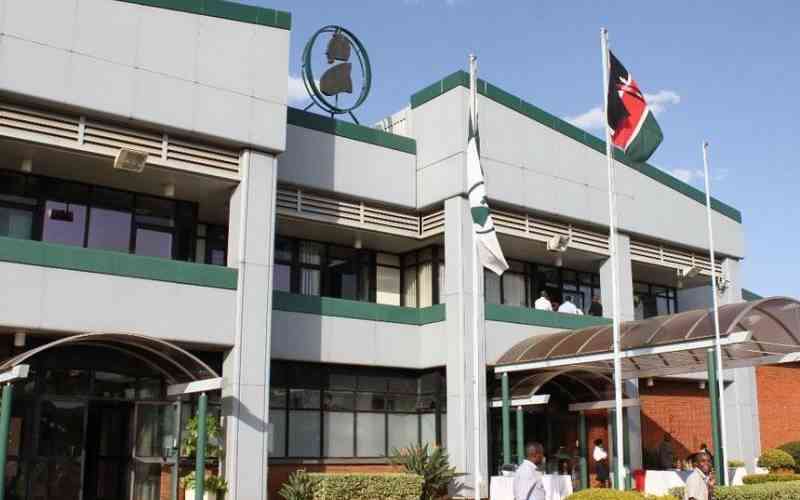
In any functioning society, there exists a social contract between the government and its people: citizens pay taxes, and in return, receive essential services.
Health and education, the pillars upon which societies are built, should be guaranteed rights and not favours dispensed at the whim of the government. When access to these services becomes uncertain or restricted, it is not just a financial failure; it is a betrayal of public trust.
Kenyans have consistently fulfilled their end of the bargain. Year after year, they pay taxes, levies, and fees, even as the cost of living soars. Despite this, they are repeatedly forced to question what, if anything, they receive in return. The promise of free primary education under President Kibaki and subsidised secondary education under President Kenyatta were not acts of generosity. They were overdue acknowledgments of what citizens deserved.
Today, that promise is being rolled back. The government’s decision to reduce capitation funding for schools is baffling. It is obvious that it is a consequence of our financial inappropriateness in the past but should our children’s right to education be sacrificed to appease international creditors?
Meanwhile, a look at the national budget paints a picture of misaligned priorities. Billions are allocated to luxury acquisitions, maintenance, endless foreign trips, and unnecessary extravagances. The State House budget alone is enough to run an entire county. This is not an innocent oversight.
Suggestions such as reallocating bursary funds to plug the gap in capitation, as proposed by leaders like John Mbadi, may be politically controversial, especially for MPs who use these funds to curry favour with constituents. Still, it’s a practical solution worth considering—at least in the short term. However, there are many corners in the budget where the government can find some savings to fund the deficit.
Ultimately, education should be fully funded by the state, with parents perhaps only contributing to essentials like food. There’s a pressing need to ask: what is the true cost of running our schools? If teachers’ salaries are already covered by the government and infrastructure funded by CDF, why are parents burdened with levies for construction projects, school buses, or vague “activity” fees?
Can the cost of school activities really differ so dramatically between national and local schools when the basics have been taken care of by taxes? These questions demand transparency and accountability.
The Kenyan tax system must start working for Kenyans, not against them. Citizens deserve to see their taxes translated into services that improve lives, starting with accessible healthcare and quality education. What we are witnessing now is a clawback on progressive policies.
While it may appear like a temporary adjustment to the reality, it sends a wrong signal. It gives a glimpse of what the future may look like for social democratic policies which justifiably take a big chunk of the budget. It is time to reclaim the promise of public service. Taxation must mean more than deductions on payslips.







